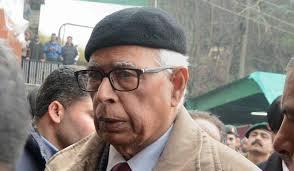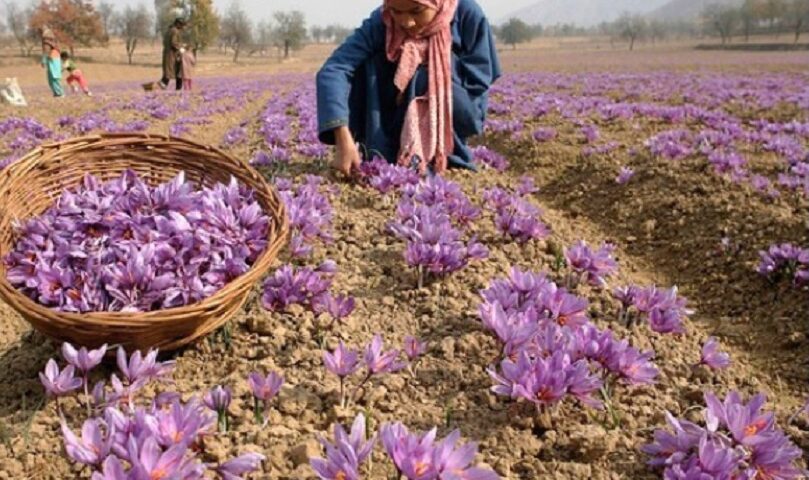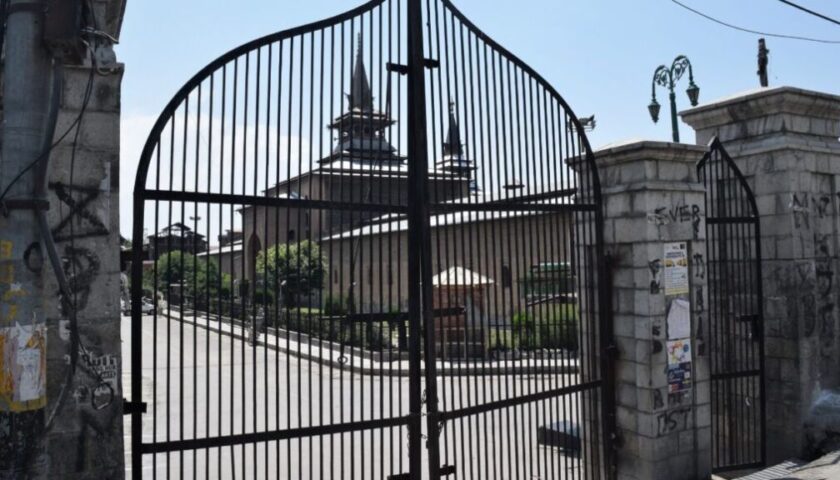Narinder Nath Vohra’s term as Governor of Jammu and Kashmir can easily be defined as an era when the Centre, Raj Bhawan and the Army were working together to bring peace and stability to the trouble-torn state.
There was never an occasion during the past decade when the Centre did not rely on Vohra for his advice in dealing with tough situations in Kashmir for he had earned a reputation as an insightful administrator who knew every bit of the J&K psyche and who would make all efforts to contain the conflict that was threatening to roll on forever.
He stood staunchly for democracy and its institutions without ever entertaining defections and undemocratic manipulations. His administration’s considered view that the hearing on Article 35A in the Supreme Court be deferred until an elected government was in place was arrived at after intense discussions with the Centre and after convincing New Delhi about the strength of his arguments. That’s why the new Governor Satya Pal Malik’s administration has also endorsed it.
Sources told Kashmir Post that Vohra and Home Minister Rajnath Singh had discussed this sensitive issue in June-end when the latter had visited Srinagar for two days to review the security situation ahead of the August 6 hearing of Article 35A, which is now scheduled for August 31.
Now that the state government will be making a similar plea before the Supreme Court, it is proven that the Centre and Vohra were on the same page and his legacy is being carried forward by his successor.
Article 35A grants special rights and privileges to all hereditary permanent residents of the state. It has been challenged in the Supreme Court by an NGO named “We, the Citizens”, which has termed it discriminatory to Indians living in other parts of the country as they cannot buy property or seek jobs and scholarships in J&K.
That Prime Minister Narendra Modi trusted Vohra like his predecessor Manmohn Singh is borne by the fact that he continued in office for more than four years of the NDA rule at the Centre, while his counterparts inother states were shifted out during this period without completing their term.
Vohra’s style, sources said, was to keep the Centre abreast of the developments in the state and New Delhi would always consult him before taking crucial decisions, including the announcement of the Ramzan ceasefire in May or calling it off in June.
Even after the President announced Vohra’s retirement from office on August 21 evening hours after Vohra had landed in Delhi for his scheduled meeting as Governor of the state with the PM and the Home Minister, he kept his appointments with grace.
His relations with the Army were excellent as he always considered himself an Army man given his early stint as a gentleman cadet. He had spent about eight years in the defence ministry, including three years as defence secretary. Army Chief General Bipin Rawat flew to Srinagar on August 24 to meet him. Vohra and the Army shared cordial ties, striving for peace without causing any harm to the uninvolved civilians.
Northern Command chief Lt Gen Ranbir Singh had echoed Vohra’s perception during his interaction with the media on July 26: “We should try to ensure that there shouldn’t be any kind of civilian casualties… civilians who are not part of the terrorist groups.”
Vohra’s connect with the people, the sources said, was genuine as it was visible when all parties and people from all walks of life hosted farewell functions and called on him to express their gratitude for his services to the state.




